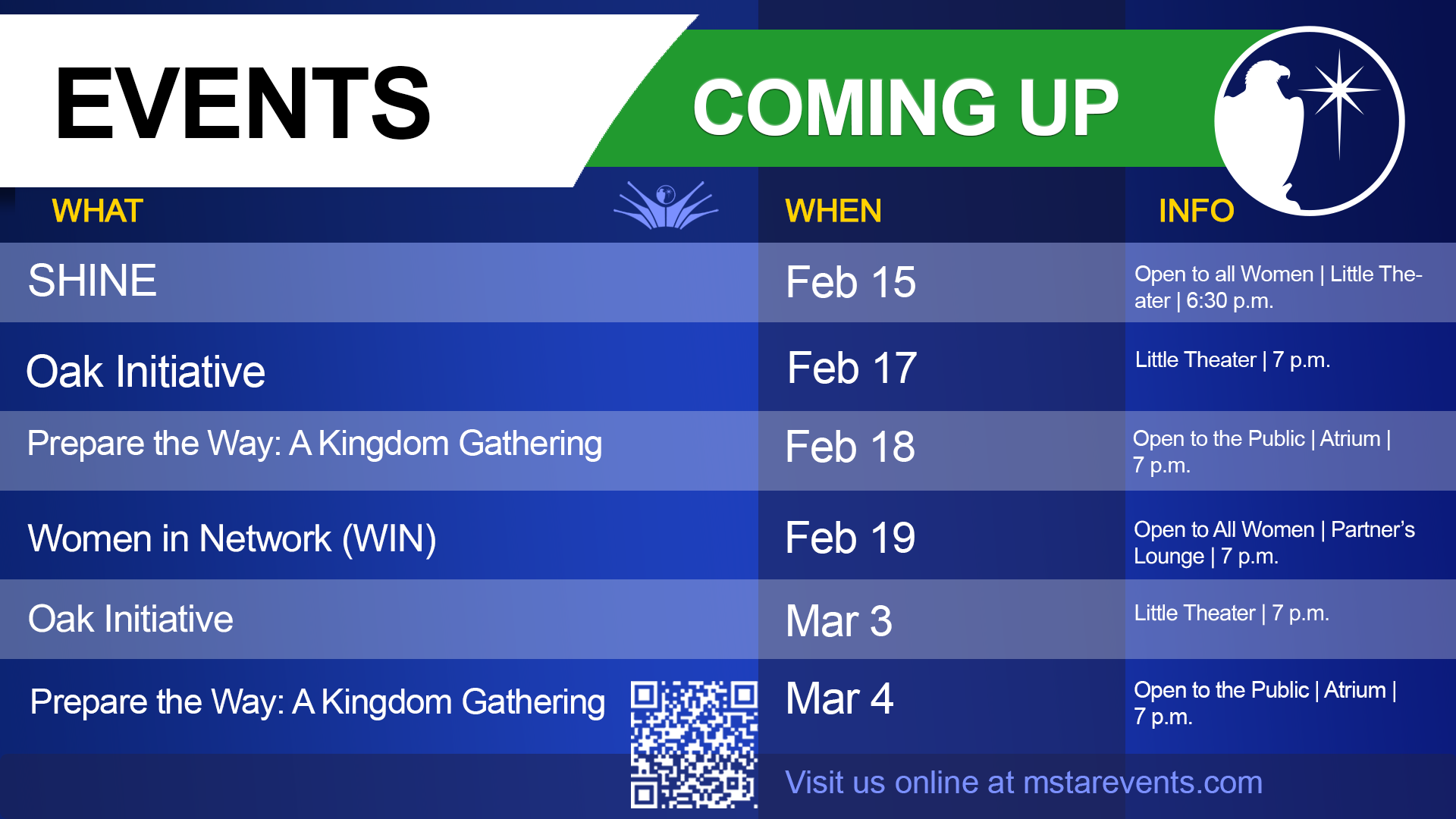We continue this study with Revelation 7:1:
“After this I saw four angels standing at the four corners of the earth, holding back the four winds of the earth, so that no wind should blow on the earth or on the sea or on any tree.”
As we touched on last week, the “four winds of the earth” are the earth’s four great powers that can bring sweeping and profound changes to a civilization. These four are: military power, religious power, political power, and economic power.
We see historically that the first great historical epoch was dominated by military power. This was the age of the conquerors and great military empires. Most of the conflicts on earth at that time were about military conquest.
The next great civilizational epoch was dominated by religion, and the military became subservient to the emerging religious powers. These religious powers included Islam in the Middle East and North Africa, Hinduism in the Far East, and Catholicism and Protestantism in the West.
This period emerged about 300 AD and reached its peak during the Crusades and the Ottoman Empire from about 1050 to 1500 AD. The religious leaders were the most powerful men in the world during this time. Most wars were religious conflicts. In the West, the conflict was mostly between Christendom and Islam, or between the different emerging sects of Christendom.
The next great civilizational epoch was dominated by politics. This period began about the time of the signing of the Magna Carta during the 1200s. It continued through the mid-twentieth century. This was a time of great political change, when new forms of government were born through social upheavals, such as the French, American, and Bolshevik revolutions.
During this time, the religious and military powers became subservient to political forces. There were still religious and military wars, but the sweeping social changes were almost all the result of political conflicts.
The transition between each of these great epochs was general, sometimes unfolding over hundreds of years. During the beginning of the twentieth century, we shifted into a new great civilizational epoch—the one dominated by economic power. This change was ignited by World War I, which fulfilled biblical prophecies that spoke of the time when the kings of the earth would be destroyed. Before World War I, most nations were ruled by kings who inherited their power through royal bloodlines. After this war, the remaining kings were mere figureheads with no real power.
The Bolshevik Revolution was both a political and an economic revolution, marking the beginning of the shift in power from the political to the economic. World War II was ignited and driven to a degree by the most evil manifestation of racism, but it was driven even more by economic conquest. Japan attacked America because they considered our economic embargo an “act of war” against them.
During the Middle Ages, wars were fought to impose religious will on the enemy. During the last great epoch, wars were fought to impose political will. We now fight wars to impose our economic will on others. The Cold War was a very real war, but it was an economic war. It was fought and won more by banks and economic policies than by military power. The recent Gulf Wars were mostly fueled by economic interests, or the Western nations would not have engaged in them.
Understanding that we are in the economic epoch compelled me to spend much time studying economics over the last few decades. I knew it was necessary to understand the times. Knowing that most do not have the kind of time I’ve had to study, I constantly try to condense and share what took me so long to grasp. I try to do this in a form that others can absorb in hours instead of years. Others have been raised up to do the same for this and other key issues of the times.
All these “winds of the earth” have had their time, but we have emerged into a time when the military, religious, and political powers are becoming subservient to economic powers. Why is this important? We see that the “mark of the beast” is an economic power:
And he causes all, the small and the great, and the rich and the poor, and the free men and the slaves, to be given a mark on their forehead
and he provides that no one should be able to buy, sell or trade, except the one who has the mark (Revelation 13:16-17).
In Revelation 7:1-3, the four angels are sent to hold back the “four winds of the earth” until they have sealed the bondservants of God on their foreheads. We see that there will be a time that the "four great winds of the earth" will be in relative abeyance, and so there will be relative peace until the Lord has sealed His bondservants.
Next week we will cover how the sealing of the bondservants is taking place now.



